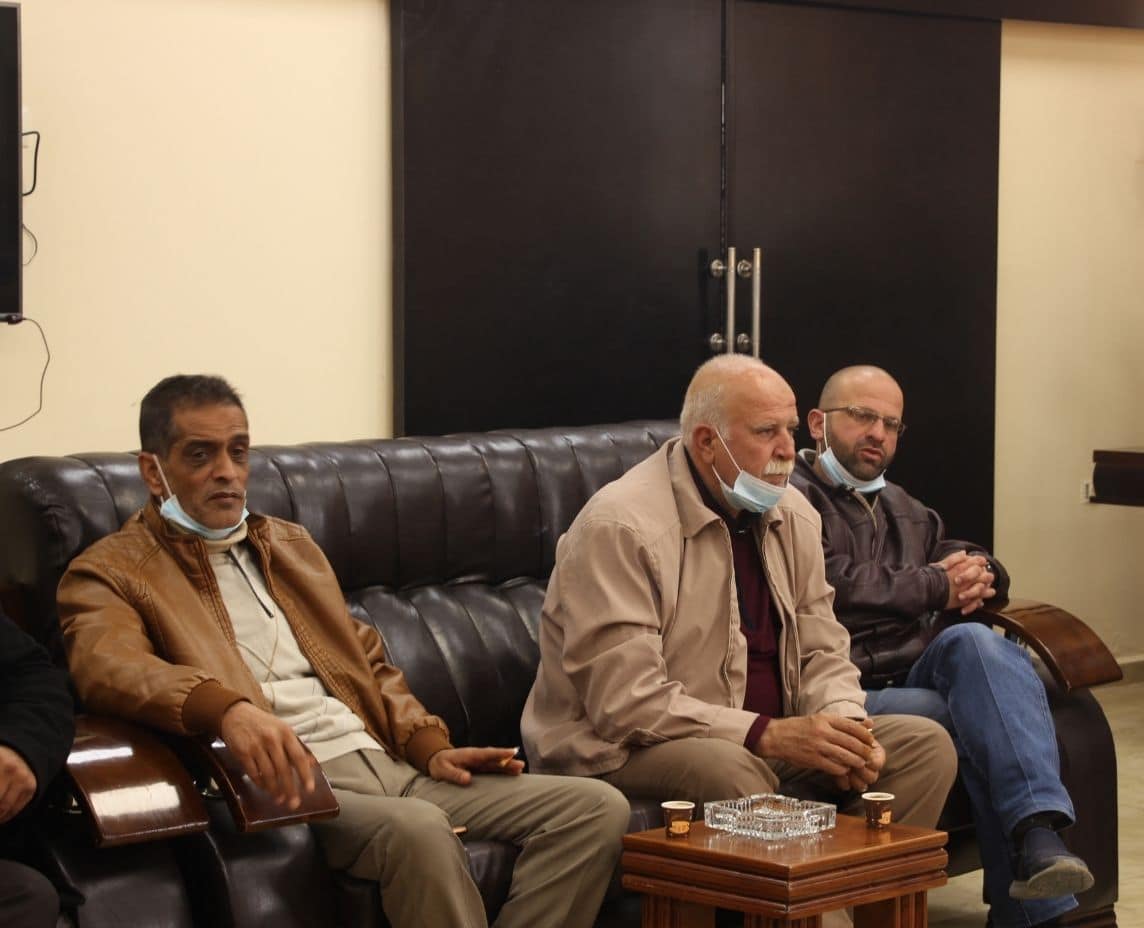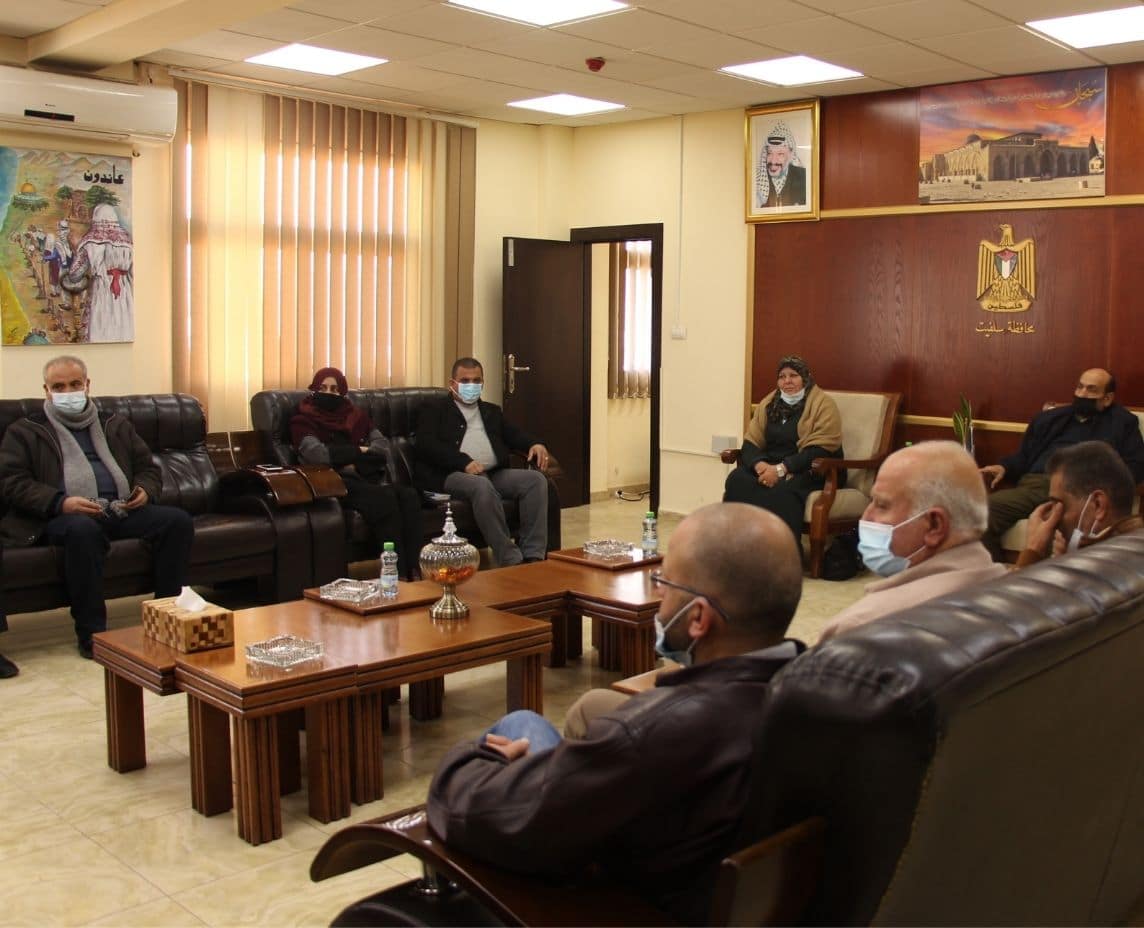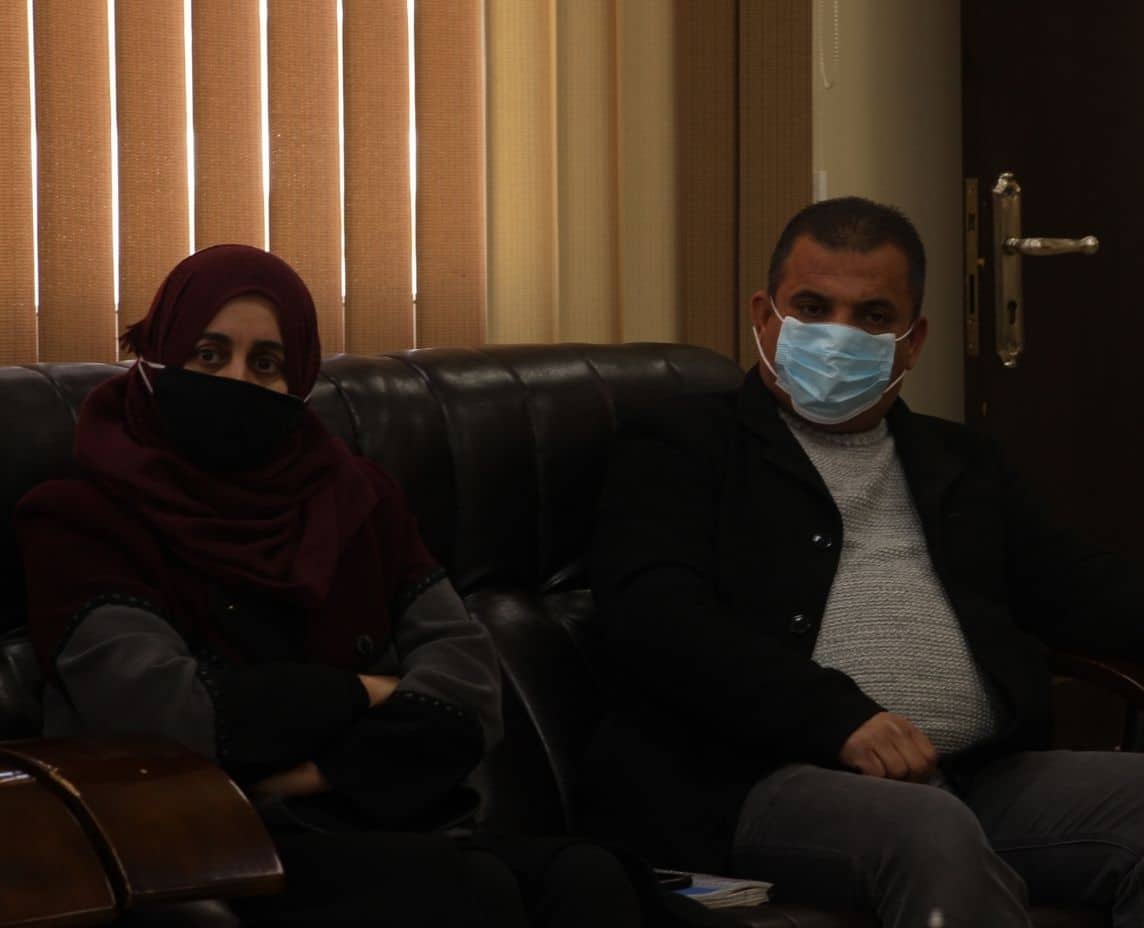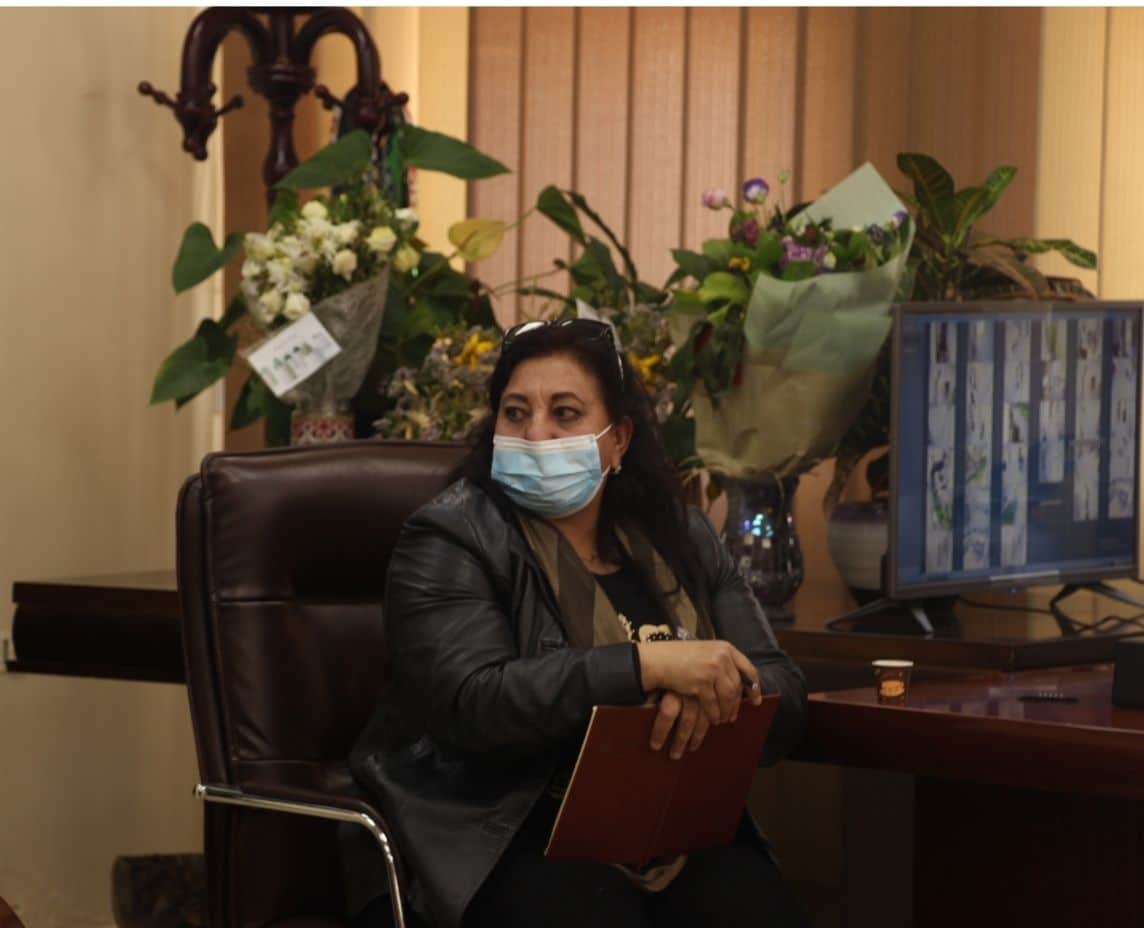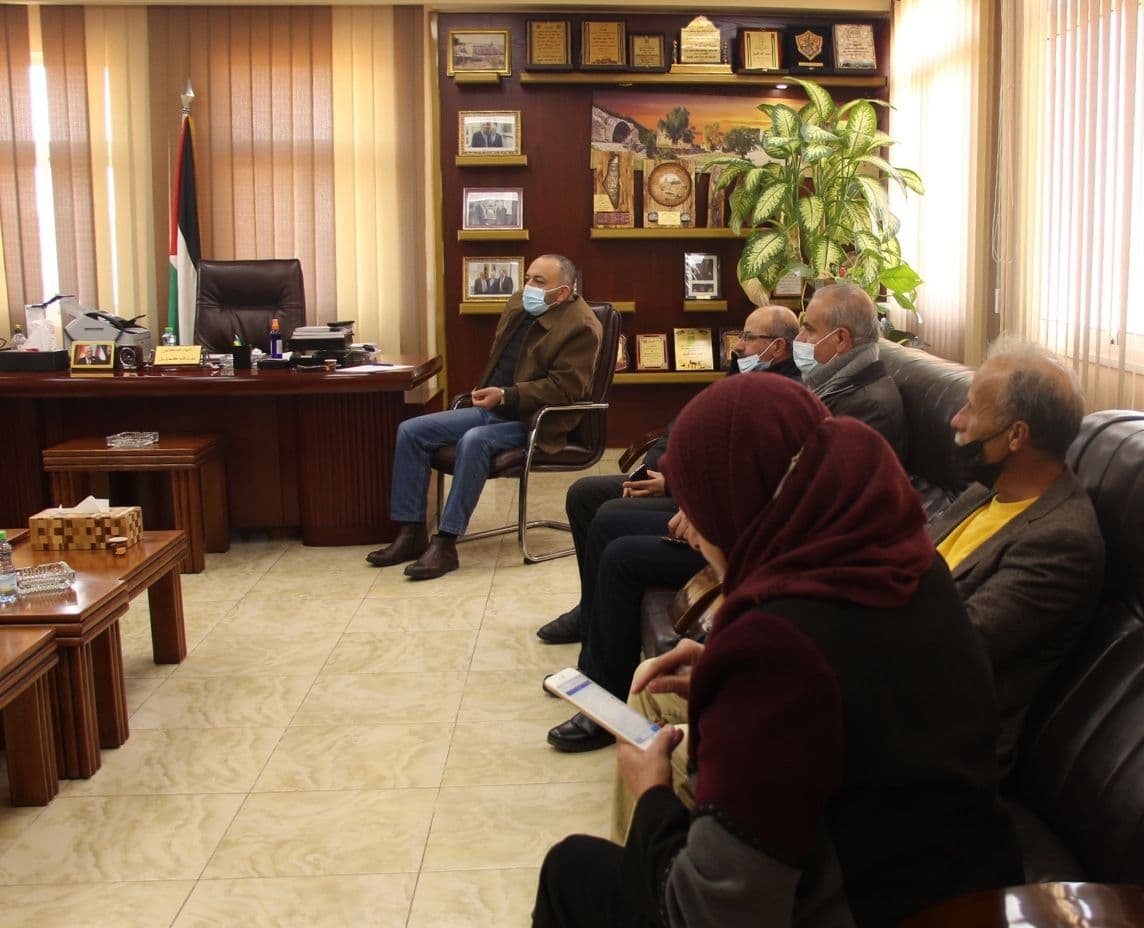On Wednesday 24/2/2021 the Social Promotion Foundation project to support water management in a number of villages in Salfit Governorate: Marda, Qaira, Yassouf, was inaugurated. The project is implemented by the Union of Agricultural Work Committees (UAWC), with funding from the Prince Albert II of Monaco Foundation.
The project aims to increase the resilience of the public administration and vulnerable communities of Yusuf, Qira and Marda (Salfit Governorate, Palestine) by promoting access and the realisation of the human right to water. Economically, the main activity in Palestine is agriculture.
This region receives the least water flow through springs, resulting in a deficit for domestic use, coupled with insufficient well capacity, the poor state of most water systems and inefficient and insufficient management of water resources with archaic irrigation methods leading to significant losses.
The representative of the Governor of Salfit Mahmoud Saleh confirmed the importance of joining the efforts of all specialized institutions to strengthen the resilience of farmers in the province, pointing out the importance of water projects and the use of springs and wells in the targeted towns, which are experiencing a severe shortage, especially in the summer, and as a result of the occupation policies that deliberately reduce quantities for villages and towns of the province.
He called for more development projects, particularly with regard to drinking water and mixed-use water, which support the resilience of farmers on their land to settlement in Salfit province.
The project aims to enhance municipalities’ access to and management of water sources, and will lead to the use of 70 cubic meters of water wasted in Yasouf village by rehabilitating the spring and pumping water after chlorination to the main water company, which will fill the need for 30% of Yasouf water needs.
He added that the project also includes the rehabilitation of a reservoir in the village of Qira to ensure that water reaches the people of high quality, in addition to strengthening the resilience of the women of the three targeted villages by supporting the establishment of home gardens and providing them with vegetable seedlings and agricultural wells.
Representatives of the Salfit Agriculture Directorate and the Water Authority called for the importance of continuing the rehabilitation of springs in the province, because of their significant results in providing water and public benefit, and that these projects should be based on scientific and technical studies to ensure their success and continuity.
The project will equip rights holders with the tools and capacities to sustainably manage their limited water resources, maximising the well-being of communities in an equitable manner without compromising the sustainability of vital ecosystems.
In this way, it is expected to promote sustainable access to water for domestic and agricultural use and strengthen municipal capacities.





